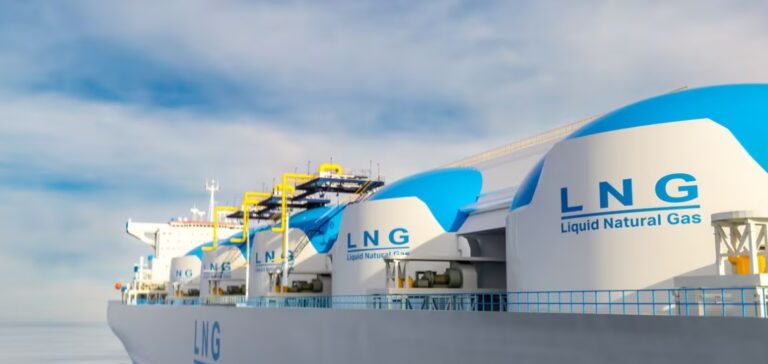The Liquefied Natural Gas (LNG) World Summit in Athens was the scene of crucial discussions concerning the security of LNG supply in Europe. These exchanges take place against a backdrop of tension between decarbonization objectives and the need to guarantee a stable energy supply. However, in 2022, European LNG imports jumped by 60% on the previous year, an indicator of Europe’s growing dependence on this resource. LNG price volatility remains a major challenge for buyers, exacerbated by the rising costs of liquefaction, transport and decarbonization.
The challenges of long-term contracts
Industry experts such as Shell Energy’s Steve Hill stress the need for sustained investment and long-term contracts to drive growth in the LNG sector. These long-term commitments, vital to Europe’s security of supply, present a major challenge: aligning this strategy with the EU’s decarbonization commitments. Indeed, recently signed contracts, notably the 27-year agreements between European companies and QatarEnergy, testify to this trend towards securing long-term LNG supplies.
Volatility and market challenges
The inherent volatility of the LNG market, exacerbated by factors such as price and seasonal sensitivity, continues to represent a major challenge. Moreover, voices such as ADNOC’s Rashid Al Mazrouei point out that this volatility is more pronounced in the LNG sector than in the natural gas sector. Contract negotiations are becoming increasingly complex, as buyers seek greater flexibility to adapt to these fluctuations.
Supply concentration risks
Another issue discussed at the summit was the risks associated with the concentration of LNG supply. With the United States and the Middle East becoming dominant sources of LNG, Europe is exposed to the risk of geopolitical dependence. However, the diversification of supply offers could serve as a balancing mechanism, reducing the risks of concentration.
Europe’s quest for energy security through LNG faces complex challenges. Long-term contracts, which provide insurance against price volatility, must be carefully balanced with the imperatives of decarbonization. The future evolution of the global LNG landscape, marked by a diversification of supply sources, could offer more stable ground for navigating these uncertain waters.






















